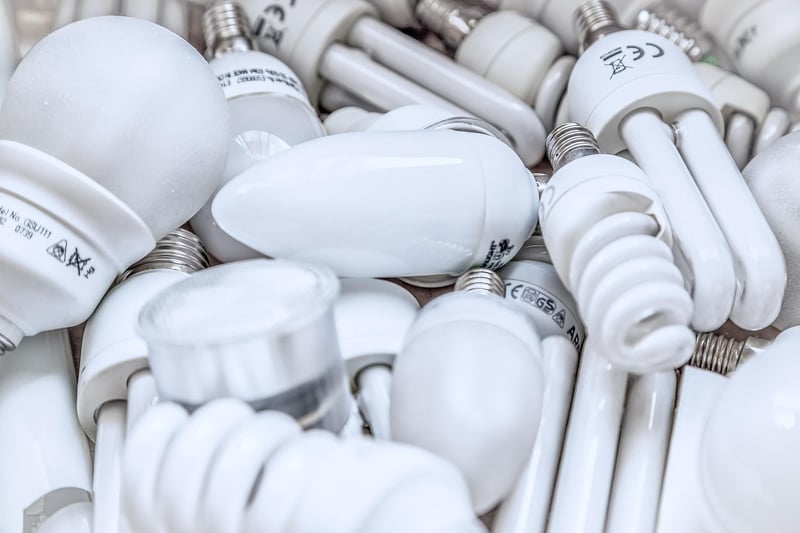Waste Reduction Strategies
#Sustainability
#Waste Reduction
#Tips
Practical Advice for an Eco-Friendly Lifestyle and Waste Reduction Strategies
The Importance of an Eco-Friendly Lifestyle
Living an eco-friendly lifestyle is crucial for preserving the environment and reducing our carbon footprint. By making small changes in our daily habits, we can collectively make a significant impact on the planet.
Simple Tips for an Eco-Friendly Lifestyle:
- Reduce, Reuse, Recycle: Follow the 3 R's to minimize waste and conserve resources.
- Use Reusable Products: Opt for reusable items like water bottles, shopping bags, and coffee cups to reduce single-use plastic.
- Conserve Energy: Turn off lights and appliances when not in use, and switch to energy-efficient light bulbs and appliances.
- Go Paperless: Use digital documents and opt for online billing to reduce paper waste.
- Eat Sustainably: Choose locally sourced and organic foods to support sustainable agriculture practices.
- Reduce Water Usage: Fix leaks, take shorter showers, and install water-saving devices to conserve water.
Waste Reduction Strategies:
- Composting: Start a compost bin for organic waste to reduce landfill waste and create nutrient-rich soil.
- Avoid Single-Use Plastics: Say no to plastic straws, utensils, and packaging whenever possible.
- Donate or Upcycle: Instead of throwing away items, donate them to charity or find creative ways to upcycle them.
- Buy in Bulk: Purchase items with minimal packaging or in bulk to reduce waste from individual packaging.
Conclusion
Adopting an eco-friendly lifestyle and implementing waste reduction strategies are essential steps towards a more sustainable future. By making conscious choices in our daily lives, we can contribute to a healthier planet for generations to come.

For more information on eco-friendly living and waste reduction, visit EPA's Recycling Resources.
